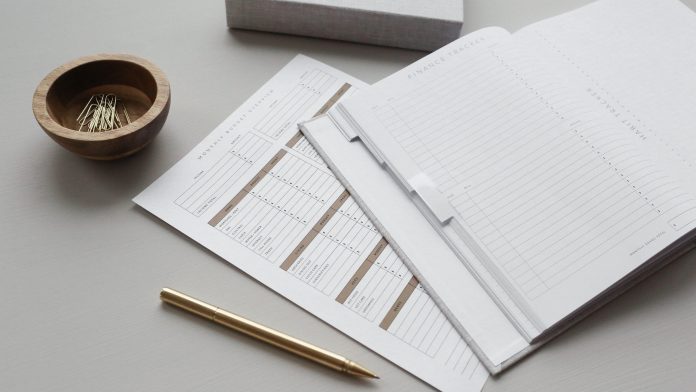You may be new to the world of finances. Maybe you are already doing well and have a great plan saved up. Regardless of which one of these people you are, there are always ways to optimize your finances. If you are new to setting up a financial plan, these are some good starting points as well. What are they you ask? You are about to find out.
Let’s get started!
Choose The Most Efficient and Effective Ways to Repay Debt
If you have debt, you need a plan to repay it. I know the idea is simple. Yet, you will be surprised how many people do not actually put the ideas down on paper. If you don’t have a plan, you can’t formulate a game plan to tackle this.
Once you have a plan, it’s time to organize your debt. You want to organize your debt by interest rates. You want to list it from the highest to the lowest. You want to make sure you are still paying the minimum on all of your debts. At the same time, you are paying more on the highest.
Keep doing the same thing till you knock them off one by one. Once you get to the lowest ones, you will need to form a new plan. You want to leverage these instead of paying them off.
Let’s say your last thing is your student loan. Instead of paying it off quickly, use the money you are saving from your cash flow, and invest it in an asset. This could be a 401k, stocks, bonds, or ETFs. You are saving money and making money all at the same time.
Evaluate How to Save for The Future
Retirement is something that needs to save for. The sooner you start the cheaper it is in the long run. You might be wondering how you do this.
If you work for a company that offers a retirement package, contribute enough money for an employer match. At this point, your company will be matching every dollar you put in. There is such a thing as free money in this case.
If your employer doesn’t have a retirement package to invest in you can go another route. Take it upon yourself to invest in an IRA account. There are multiple types. There are Roth, Traditional, Sep, or Simple. You can also invest in a 401k.
Regardless of which route you go, try and max out the monthly payments. Remember the more you invest, the more you will have to retire!
Focus on Growing Wealth
You have worked on repaying your date. You have set up a retirement plan. Now you need to figure out how to gain additional cash flow you can use for the rest of your life. You do this by investing.
Start off by opening up a brokerage account. You will buy low-cost index funds. You will buy them and hold on to them. These types of accounts allow you the flexibility of how and when you use your money.
The best thing to do is to get a diversified portfolio. These can be risk-adjusted for your needs. Make sure to spread your investments around.
Once you get something set up. You can optimize your portfolio with certain strategies. These few strategies will help you grow your investment. It also lowers the risk involved
Invest in tax-efficient vehicles to optimize after-tax returns.
You need to rebalance your investments every one in a while. Make sure to consider your taxes when doing this.
Use tax-loss harvesting when appropriate.
Consider how certain style boxes or asset classes could better align your portfolio and your goals.
As you can see the object here is to reduce taxes while keeping most of your money. You do not want to ignore the tax implications of your investments. Hopefully, you will be making some larger and higher-level buys and moves after a bit.
There you have it. You should be able to start formulating a plan. You’ll be able to start getting out of debt, planning your retirement, and making money. Not a bad deal. I hope this has given you some insight and helps you out. ‘Till next time!


























